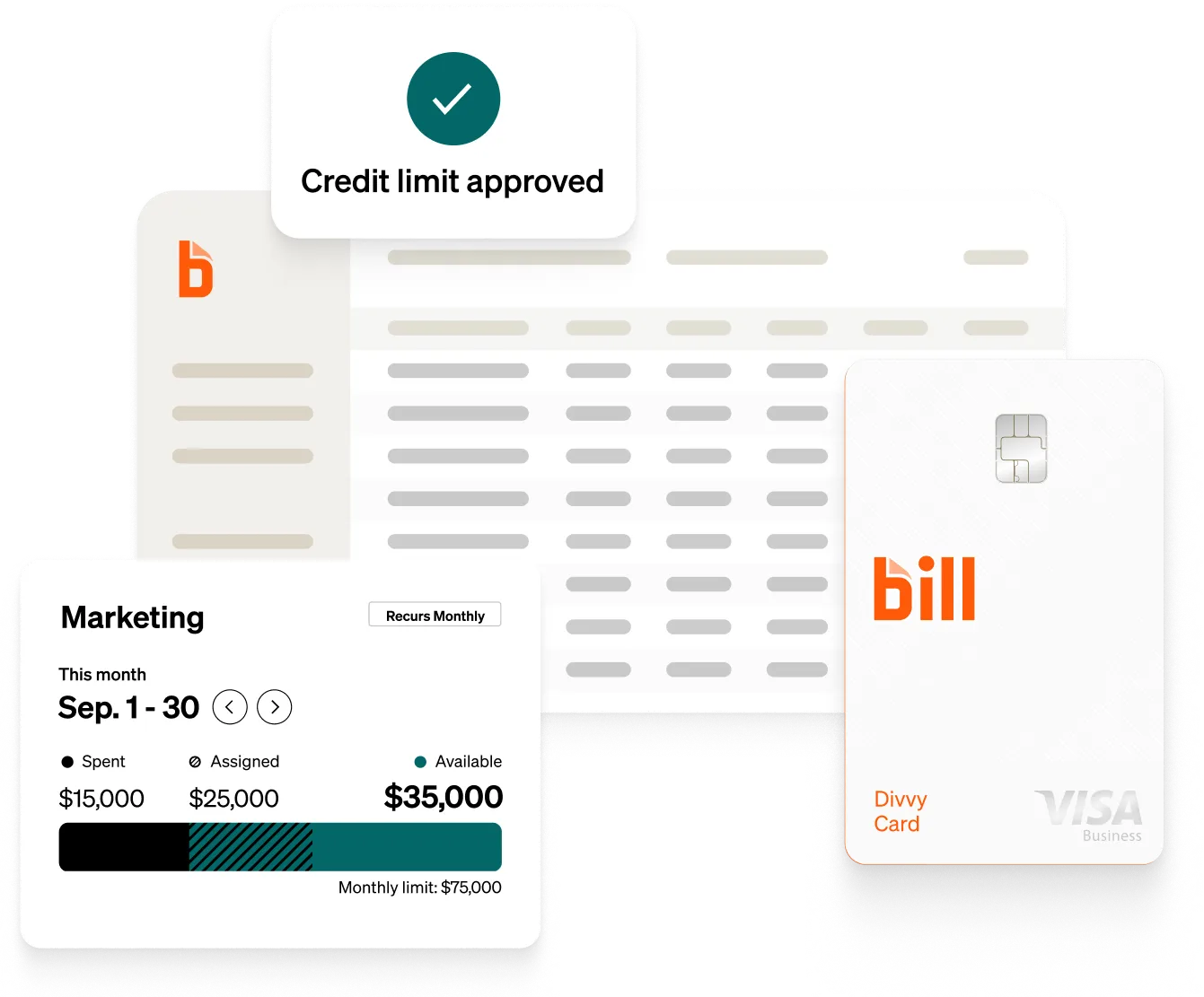Accountants are bonafide rockstars.
They bring your business accounting and bookkeeping automation. They file your taxes. They streamline your AP and AR. They convert your paper checks into ACH transfers. And they even help you tame that challenging beast called cash flow.
But that’s just skimming the surface.
Accountants hold an intense amount of knowledge gathered from education and experience with hundreds (or even thousands) of clients. A good accountant can help you tackle everything from pricing strategies to expanding operations and advise you on the actions of others in your industry. And this is what they LOVE to do.
It’s time to tap into that knowledge and transform your accountant relationship from bean counter to trusted advisor.
Forget the ticking clock
You have a financial question. You need the feedback of your accountant. You pick up the phone and then hesitate. Every time you contact your accountant, you know the clock is ticking. A simple conversation and follow up can set you back a significant amount.
So instead of calling, you try to figure it out yourself. Maybe you Google it. Maybe you ask a professional who isn’t an accountant. But you work around it.
It’s hard to build a meaningful relationship when the ticking clock (and billable hour) is hanging over your head with every interaction. And yet, you need to be able to rely on your accountant.
So what are the options?
1. You make friends with the accountant’s billable hour. It’s part of business.
2. You resolve to work with an accountant that offers project fixed fees or flat-rate monthly costs.
Of the two options, I think many businesses would agree that the second is more attractive. That way, meaningful conversations can occur without a business owner calculating if they can afford them.
Get out of the trenches
Your accountant can talk to you about vendor ACHs, EFTs, credit cards, daily transactions and more. But remember to elevate the conversation. Yes, that’s right. Talk about the big picture.
This conversation proves very easy when reviewing monthly/quarterly/yearly reporting. Your accountant can advise you on trends, patterns, and challenges. They can be invaluable in discussions on everything from acquisitions to expansion to inventory. Remember to take the time to explore that big picture and engage with your accountant accordingly.
Additionally, the best way to get out of the trenches is to adopt the right technology. Digital payments, automated workflows, and mobile access take a lot of the “grunt work” out of accounting and bookkeeping. They create streamlined and real-time representations of financial obligations and performance—lending valuable data for strategic discussions.
Make sure your accountant understands your business
A recent survey revealed frustration around accountants not understanding their clients’ businesses. If your accountant doesn’t normally work in your field, it can create unintended limitations.
Find an accountant that demonstrates proficiency in your company’s focus. If you work in retail, locate an accountant that works with other retail clients. If you focus on professional services, ensure that your accountant has worked extensively in that field.
This creates an intimate, financial database of expertise for your business. Your accountant understands your niche and can provide the appropriate advice to support your company.
When onboarding a new accountant, ensure that he or she takes the time to know your company, its purpose, its leadership, and its vision. Knowing the niche your company specializes in is a start. But actually understanding your individual company, its culture, and purpose will help the accountant take all of these considerations under advisement during important discussions. This also includes a regular “touch base” meeting—monthly or quarterly. This keeps all parties up to date.
Transforming the accountant relationship from a number cruncher to a reliable, trusted advisor can provide your company with the strategic insight it needs to grow. Start the process of alleviating time-consuming grunt work and focus on the big picture today.








